Living with eczema and psoriasis
Living with eczema and psoriasis
Eczema, psoriasis: living with the disease Whether you are a patient or a relative, you know how restrictive living with eczema or psoriasis can be. Regular flare-ups, long-term treatments... It can be very discouraging. It's only natural. But there are several solutions available to you. Here are a few tips to help.
What is a chronic disease?
Eczema and psoriasis are two chronic inflammatory diseases. But what is a chronic disease exactly? This means that it’s long-term and progressive. But that’s not all. It requires regular monitoring and treatment. And last but not least, its impact goes beyond the strict boundaries of health. Often considered benign, eczema and psoriasis have a major impact on the patient's daily life.
Do you no longer even dare to go out with friends or play sports? Don't worry, it doesn't have to be that way. Our goal is to help you live with the disease and become an active participant in your care.
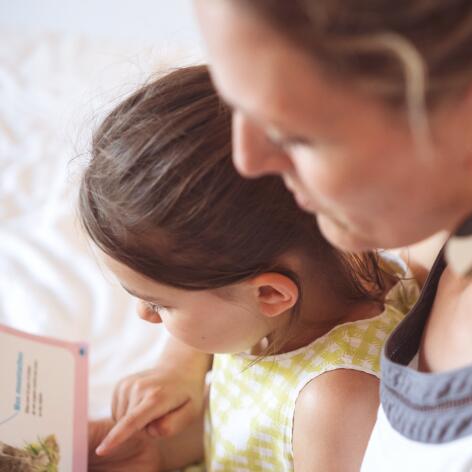
Playing YouTube videos requires the use of cookies in order to offer you targeted advertising based on your browsing For more information, please visit YouTube's « cookie » policy.
You have rejected Youtube's cookies and therefore you cannot view the video.
You can change your choices by clicking on « Cookie Settings » and accept Youtube's cookies to enable the video.
You can change this setting and withdraw your consent at any time.
Eczema, psoriasis: what kind of impact do they have on daily life?
Fear of others' stares and a desire to isolate oneself when the lesions affect the visible parts of the body. Night-time itching that causes frequent waking and persistent fatigue. Loved ones who give advice that can be awkward and cause conflict. A loss of self-confidence...
It’s possible to put an end to these situations. By following the right treatment to improve the appearance of the skin, by adopting the right hygiene and moisturising practices to reduce itching, and by speaking to the right people, it’s entirely possible to overcome these hardships.
Our tips for dealing with eczema and psoriasis on a daily basis:
Living with eczema and psoriasis in adults
Living with eczema and psoriasis in children
We are in a society where appearance matters. When you see your body being affected, it makes things even harder to bear.
Eczema and psoriasis: accepting yourself to feel better in your skin
Learning to live in a situation is, above all, about accepting it. Living with eczema or psoriasis on a daily basis sometimes means having to face up to other people's views and their preconceived ideas. No, the two diseases are not contagious, and it's not in your head. Yes, there is no cure, but it can be treated. And above all, you are not alone. Psoriasis affects 2% of the population and atopic eczema 4%.
So you shouldn’t be ashamed or afraid. It should not prevent you from living, going out, playing sports and enjoying yourself... Simple solutions exist to put aside stress and regain your self-confidence.
Adults: living with eczema and psoriasis
Children: Living with eczema and psoriasis
Eczema, psoriasis: To understand it is to live better
One of the keys to living with your eczema or psoriasis is to understand your disease. To understand it is to de-demonise it. Understand its origin. Understand that while there is no miracle pill, there are treatments that can help reduce the symptoms of eczema and psoriasis.
It is therefore essential that you (or your child, if affected) have a relationship of trust with the doctor treating you. Do you have any questions or doubts? Don't hesitate to talk to him or her about it. The importance of this doctor/patient and doctor/child/parent relationship is paramount.
Our Eczema and Psoriasis factsheets are there to help provide you with a better understanding.
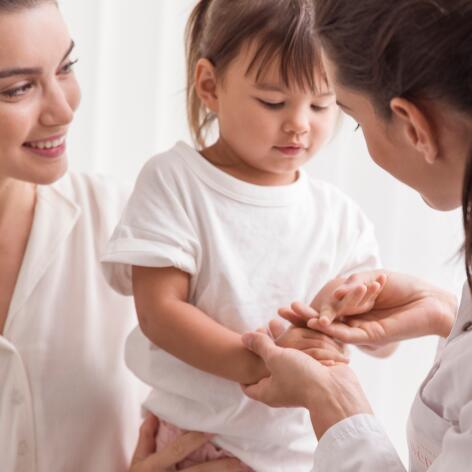
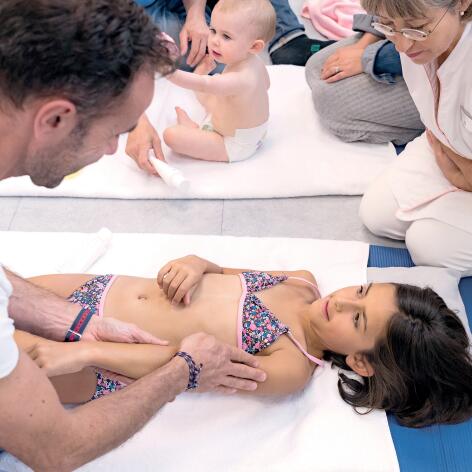
Living better with eczema and psoriasis can also be learned
Just as you learn to read or count, you can learn to live with your skin condition. How can you do this? Our health education workshops at the Avène Hydrotherapy Center can help you. Making you aware of the disease means helping you to explain it to those around you, to your classmates; it means taking better care of it, choosing the right emollients and applying them correctly; it means teaching your child to manage their itching and their treatment on a daily basis...
Our workshops are also moments of exchange with hydrotherapy patients, people who have the same experience as you... This can allow you to take a step back and regain your confidence...
FRIENDLY (AND EXPERT) ADVICE
A well-administered treatment promotes its effectiveness. But while it’s repeated day after day, it’s not always easy to follow. This is quite normal, as it’s an additional mental burden. Express your feelings of disappointment and weariness freely to your doctor in order to find the best solution for you.
Eczema and psoriasis: can they be cured?
Talking about a cure isn’t really ideal. But with the right treatment and follow-up, it’s possible to prolong the remission phases and reduce flare-ups.
In the case of psoriasis, following your treatment correctly can reduce the impact of the disease. This is called plaque lightening, which can reduce or even eliminate itching and flaking.
Eczema cannot be cured. But it can be controlled. The secret is to take care of your skin every day. For contact eczema, for example, the permanent removal of allergenic substances will stop the flare-ups.


Playing YouTube videos requires the use of cookies in order to offer you targeted advertising based on your browsing For more information, please visit YouTube's « cookie » policy.
You have rejected Youtube's cookies and therefore you cannot view the video.
You can change your choices by clicking on « Cookie Settings » and accept Youtube's cookies to enable the video.
You can change this setting and withdraw your consent at any time.
Spotlight on exercise
Many patients ask if it’s possible to exercise. Of course it is. Physical activity is beneficial. It makes you feel better and improves your body image. Not to mention the fact that physical fatigue promotes good sleep.
But beware: sweating can cause itching. In this case, opt for less intense activities during flare-ups, wear loose-fitting cotton clothing, perform your activity at the coolest hours and protect the areas of friction. To avoid irritation, use the Avène Thermal Spring Water spray to eliminate perspiration and soothe your skin. And right after your session, take a warm shower and apply your emollient care.
Please note: If you suffer from psoriatic arthritis, opt for gentle forms of activity (swimming, cycling, light exercise etc.) to avoid putting too much strain on your joints.
Our answers to your questions
To sort the true from the false: that's what we're here for.
According to a survey by France Psoriasis, 2 out of 5 French people think so. This is totally false. No, psoriasis and eczema are not psychological diseases. Stress can cause flare-ups, but it’s not the cause of skin diseases. It’s also this kind of persistent prejudice that is detrimental to the quality of life of patients.
Even if chlorine is irritating, nothing prevents you from enjoying the benefits of the pool. However, there are a few things you should know: before entering the water, apply a barrier cream to protect your skin. After swimming, rinse off with clean water and reapply your emollient.
Itching is the most common reason for not sleeping. In the evening, take a quick, not-too-hot shower and moisturise your skin with an emollient. Don't hesitate to reapply it just before going to sleep. The environment of your bedroom is also conducive to relaxation. It should be cool, dark and quiet.
Our solutions for young, atopic skin
Eau Thermale Avène skin care products designed to help you feel better about your skin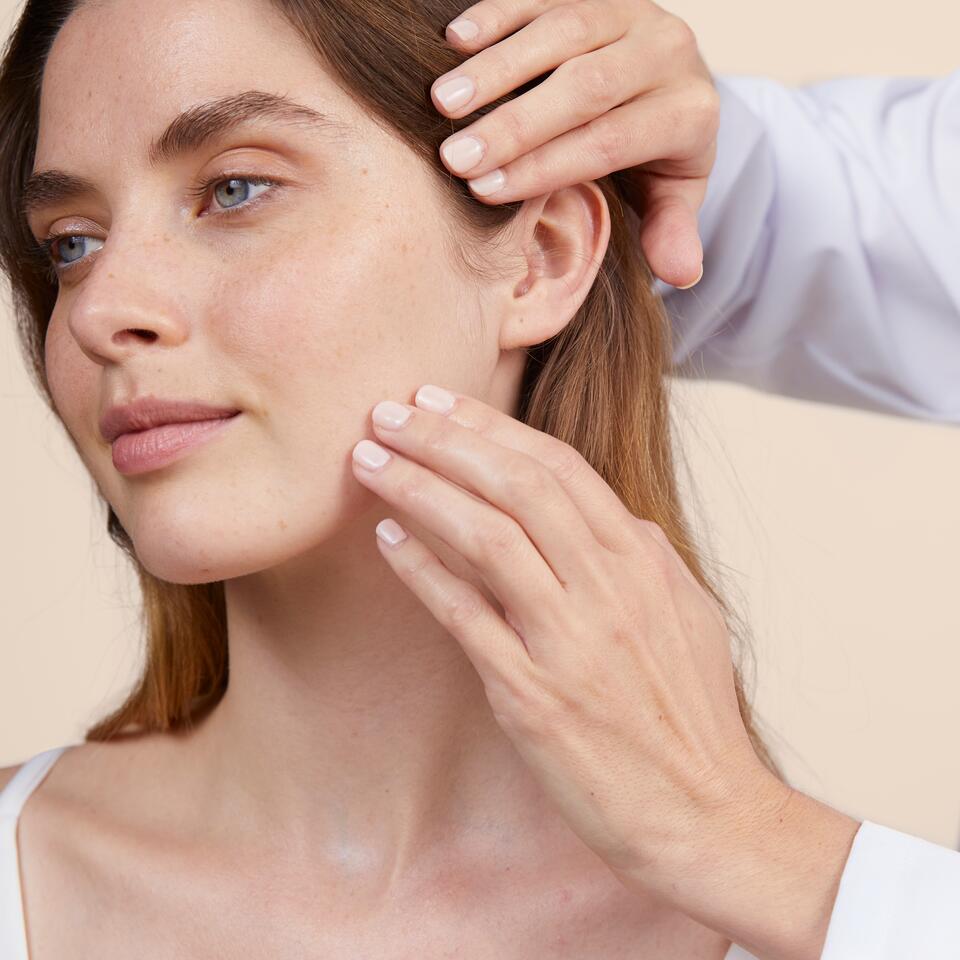
XeraCalm A.D range
I love it, I have no more redness, itching or allergies. My skin is soft.
TO BE CONTINUED
- Living with eczema and psoriasis - adultsLiving with eczema and psoriasis - adultsEczéma Adulte
Discover
- Living with eczema and psoriasis - childrenLiving with eczema and psoriasis - childrenEczéma Enfant
Discover
NEWSLETTER
Always here for your skin!
All our tips on taking care of your skin daily.
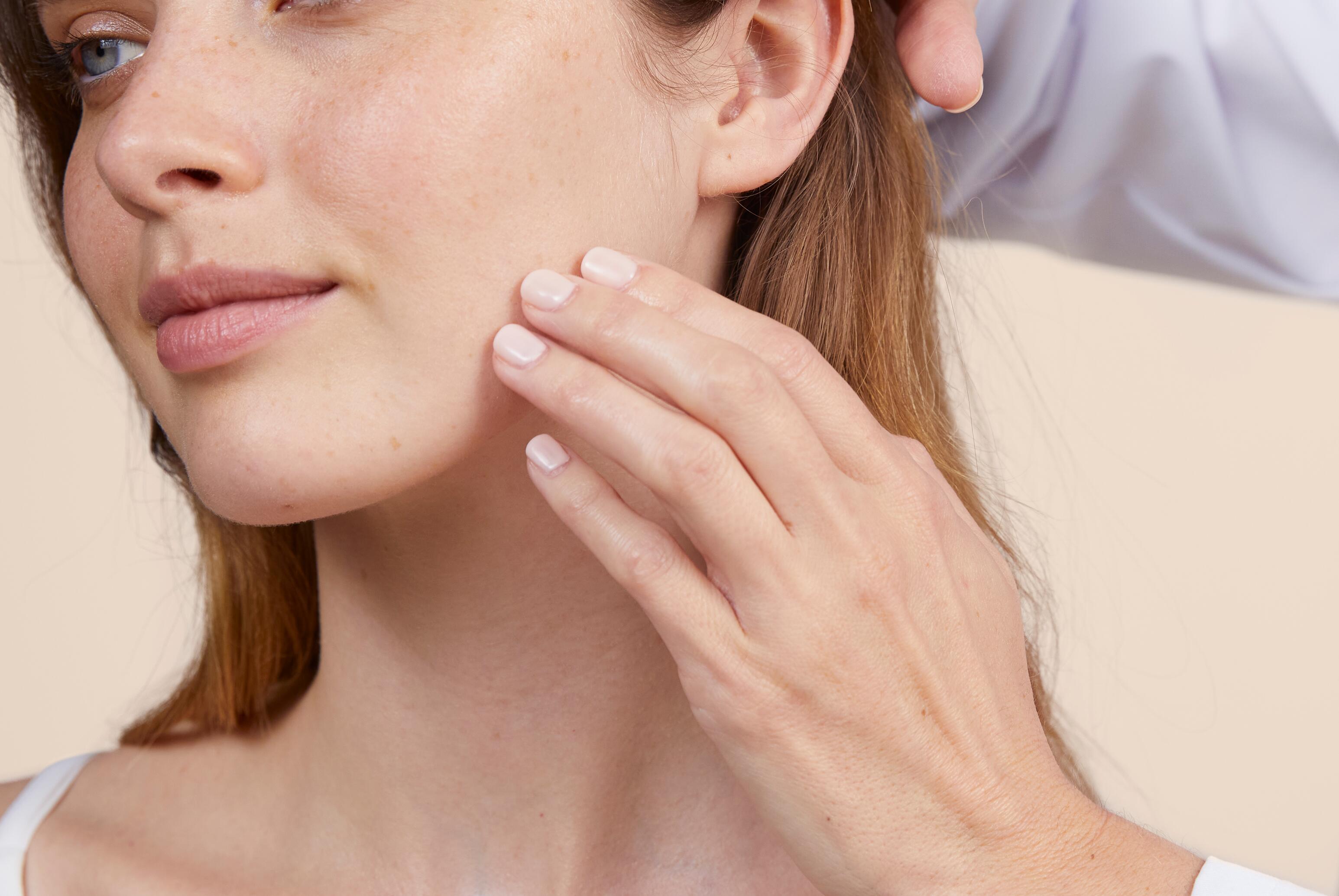
Which skin care routine should you adopt?
Identify what it really needs with the help of our experts and discover the most suitable skin care routine for you.


